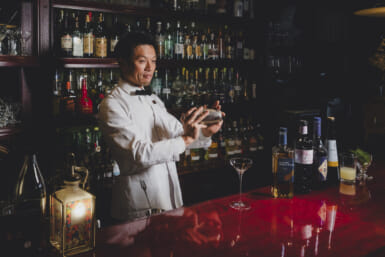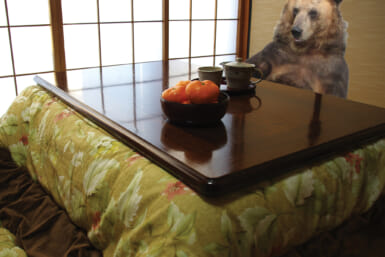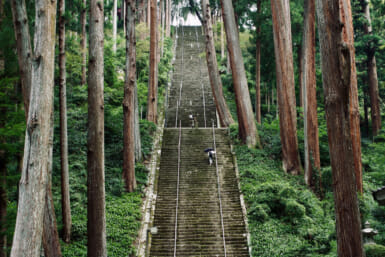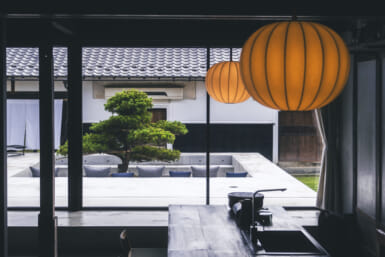Japan’s cuisine has a culture of its own—from the proper way of eating sushi to the flavors unique to the country.
Washoku, or traditional Japanese cuisine, is set to be recognized as an Intangible Cultural Heritage by UNESCO.
According to the Cultural Affairs Agency, Japan has applied to have its traditional diet receive designation. The island nation is not promoting a specific dish for consideration but instead its entire culinary culture, which places a strong emphasis on social customs and respect for nature, the agency said.
The cuisine is characterized by its artistic presentation and its use of distinctive ingredients.
A UNESCO organization tasked with screening cultural asset candidates has recommended that “Washoku: Traditional Dietary Cultures of the Japanese” be listed as an Intangible Cultural Heritage Asset, officials said Tuesday.
If officially listed, it will be the fifth intangible cultural heritage asset concerning food culture, following the “Gastronomic Meal of the French;” the “Mediterranean Diet” of Spain, Greece, Italy and Morocco; “Traditional Mexican Cuisine;” and the “Ceremonial Keskek Tradition” of Turkey.
Yoshihiro Murata, chairman of The Japanese Culinary Academy, led the grassroots campaign to get the government to apply for the status in 2011, drawing up support from over 1,500 non-profit groups, corporations, municipalities and local communities across the country.
The designation will also be timely ahead of the 2020 Tokyo Olympics and will help boost Prime Minister Shinzo Abe’s bid to double exports of the country’s agricultural products.
“It will be of major significance if washoku is globally recognized at a time when Japan is scheduled to host the Olympics,” said Yukio Hattori, president of the Hattori Nutrition College in Tokyo.
“Since the nuclear crisis at the Fukushima nuclear power plant in 2011, exports of Japanese agricultural products have been battered. I hope this registration will promote Japanese food abroad.”
By Maesie Bertumen
Image: Sebra / Shutterstock.com









